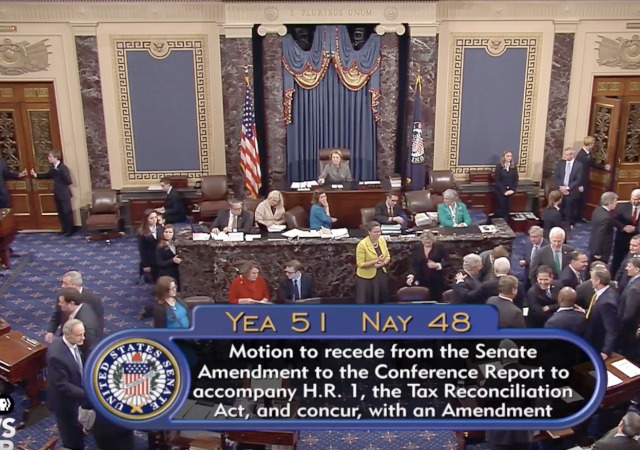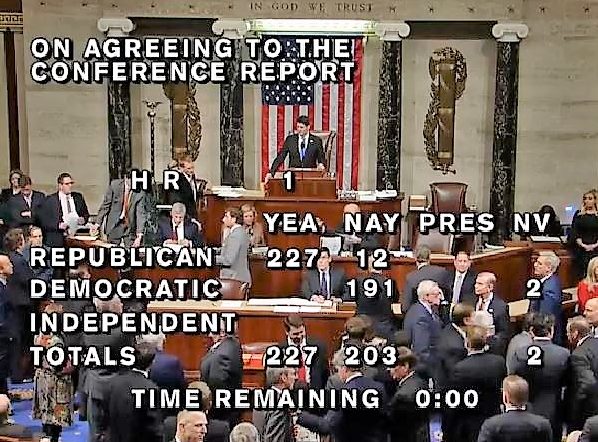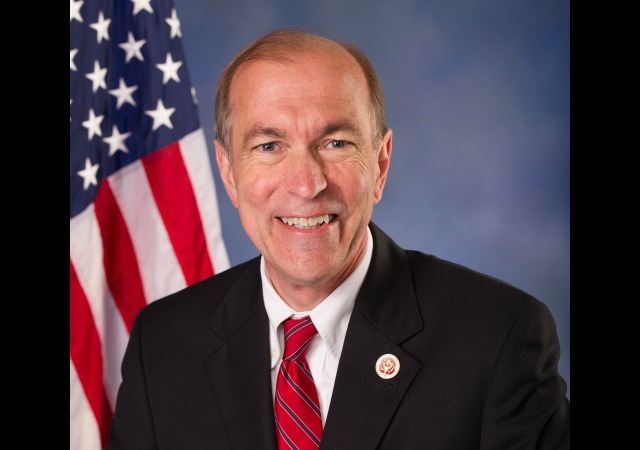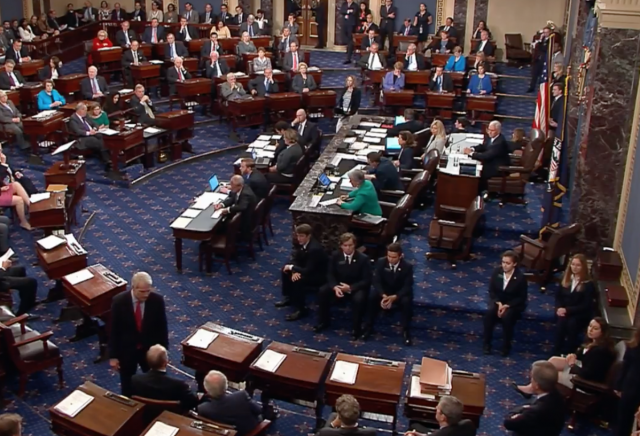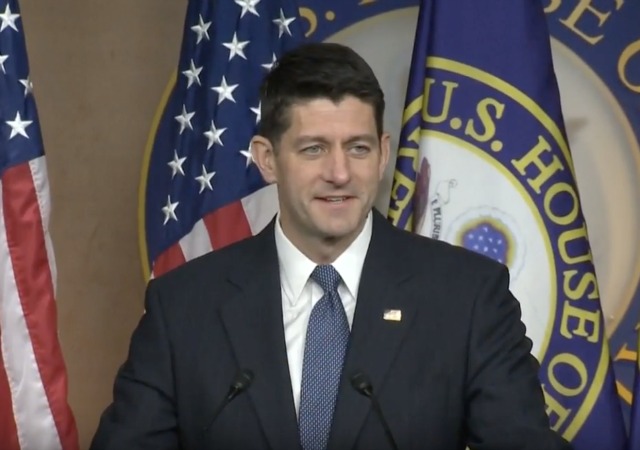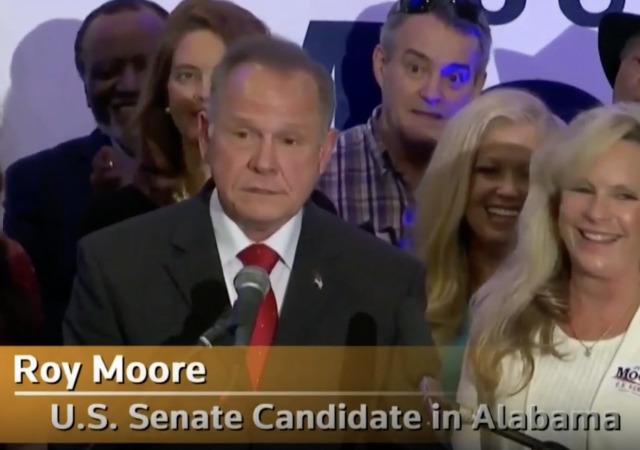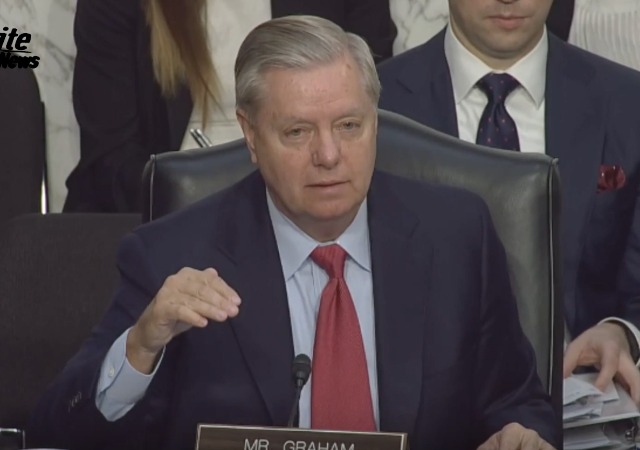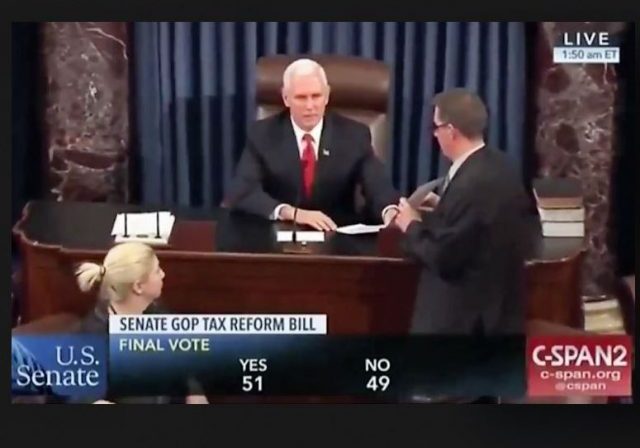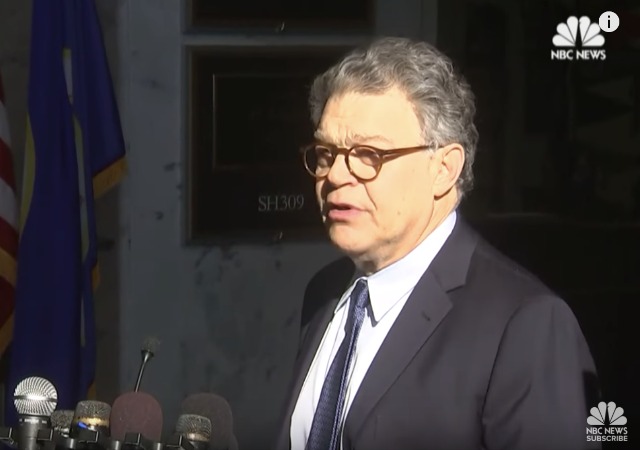2018 Senate Races: Can the GOP Keep and Add to Its Majority?
on December 26, 2017
61 Comments
The GOP now only holds a one seat majority in the Senate since Democrat Doug Jones defeated Republican Roy Moore, who faced numerous sexual misconduct allegations, in the Alabama Senate special election.
That loss made the 2018 elections even more crucial for the GOP. Is it possible for the party to keep or even add to their majority? Or will Democrats pounce and take over? Politico listed these races as the ones to watch in the new year.

